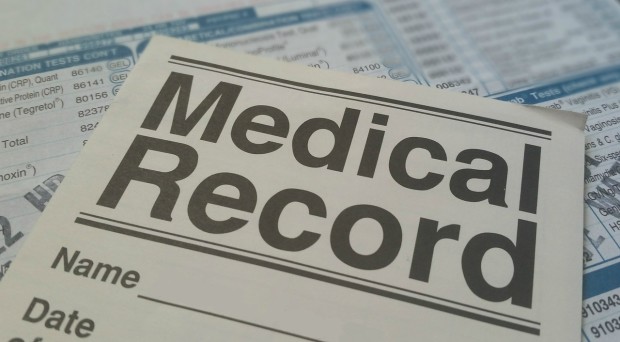
Sharing data
Openness and sharing are key principles for research. From basic research through to clinical studies – whether supported by academia or industry – sharing data makes sure that Cancer Research UK gets the most value out of the research that we fund.
Cancer Research UK’s research is directly funded by donations from the public, so it’s even more important that the results have the greatest impact possible. Over recent years we’ve welcomed and supported efforts by the medical research community to make it easier to share data from clinical trials.
Sharing trial information and linking data from completed trials can bring new insights too. For example this initial evidence that aspirin may help prevent cancer was found by looking at reviews of cancer trials along with follow up from heart disease studies.
Protecting personal data
In the past, sharing individual patient data has been ad hoc between different trials units and research groups. And these Good Practice Principles seek to formalize the process, so that every trial unit and data holding body has the same standards for researchers requesting individual patient data to make applying for information more simple. The principles will also help support the community deal with challenges around sharing individual patient data.
The storage, handling and sharing of personal data is always sensitive. The appropriate safeguards must be in place to protect privacy and prevent data releases that could harm patients.
The storage, handling and sharing of personal data is always sensitive. The appropriate safeguards must be in place to protect privacy and prevent data releases that could harm patients, the reputation of the institutions holding the data and the credibility of the wider clinical research community.
The principles deal with protecting personal data by controlling how and when individual patient’s data can be shared – and when it can’t. Under the principles, data-holding bodies (such as clinical trials units) consider a researcher’s request to view patient level data and assess the appropriateness of sharing along with the importance of the research. This step provides an important safeguard.
An open-access approach where data is made available without needing a request for data is sometimes appropriate and proportionate but only when using anonymized datasets. This helps to further protect patient privacy while making it easier to share data with a wider research audience.
The sharing of data is not necessarily a straightforward process. Researchers wanting to look at data held by trial units must work together to help clean and interpret the data. The principles recognize this and, controlling how the data is shared, encourages collaborative working. It’s also important that the trials units that have worked hard on collating data are recognized in further work that is published.
Cancer Research UK along with its partners is working to improve transparency in research and support further sharing of data. We want to see these principles taken up by other public research funders so that the community can work better together. By doing so, we will build our understanding of disease and treatments, ultimately leading to improved survival for cancer patients.
Comments